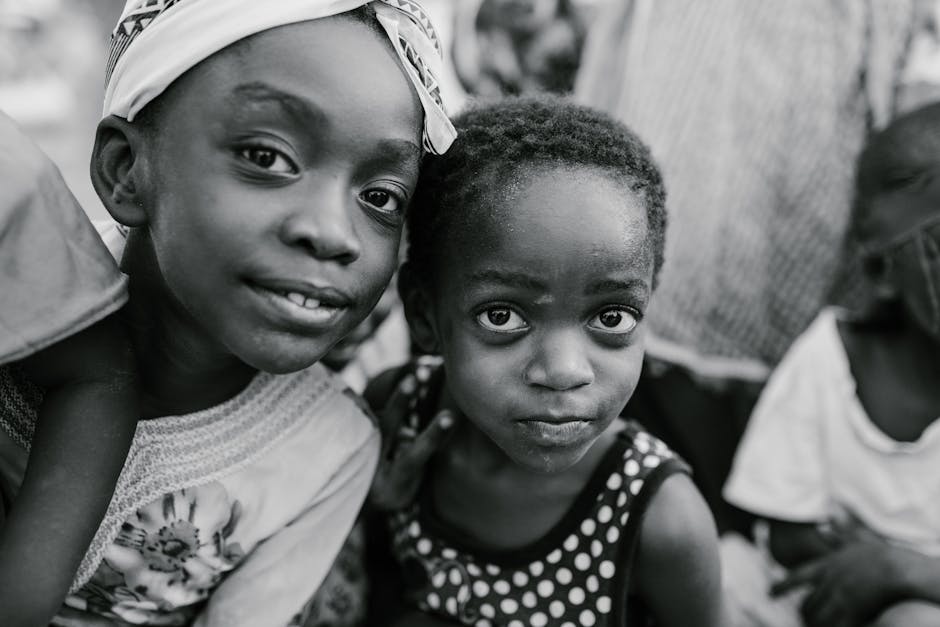
Intersectionality and Indigenous Feminism
Intersectionality and Indigenous Feminism
In today's world, the need to understand and acknowledge intersectionality has become more crucial than ever. This concept is particularly significant when exploring the experiences and challenges faced by indigenous women within the feminist movement.
Intersectionality, originally coined by legal scholar Kimberlé Crenshaw, refers to the interconnected nature of social categorizations such as gender, race, class, and more. It acknowledges that individuals can experience multiple forms of oppression and discrimination simultaneously, creating unique and overlapping identities.
Indigenous feminism focuses specifically on the experiences of indigenous women, highlighting their distinct struggles within the overarching feminist movement. These women navigate the intersections of gender, race, culture, history, and colonialism, creating a complex tapestry of experiences and challenges.
For indigenous women, the impact of colonization on their lives and communities cannot be understated. The erasure of indigenous knowledge, the loss of land, and the ongoing struggle for sovereignty all intersect with the feminist struggle for gender equality. Indigenous feminism seeks to address and dismantle these interconnected systems of oppression.
By understanding and embracing intersectionality, feminists can work together to create a more inclusive and intersectional movement. This requires acknowledging the unique experiences and voices of indigenous women and ensuring their inclusion in discussions, decision-making, and activism.
The fight for gender equity should not leave anyone behind. Intersectionality serves as a reminder that all forms of discrimination must be confronted and dismantled to achieve true equality and justice.
